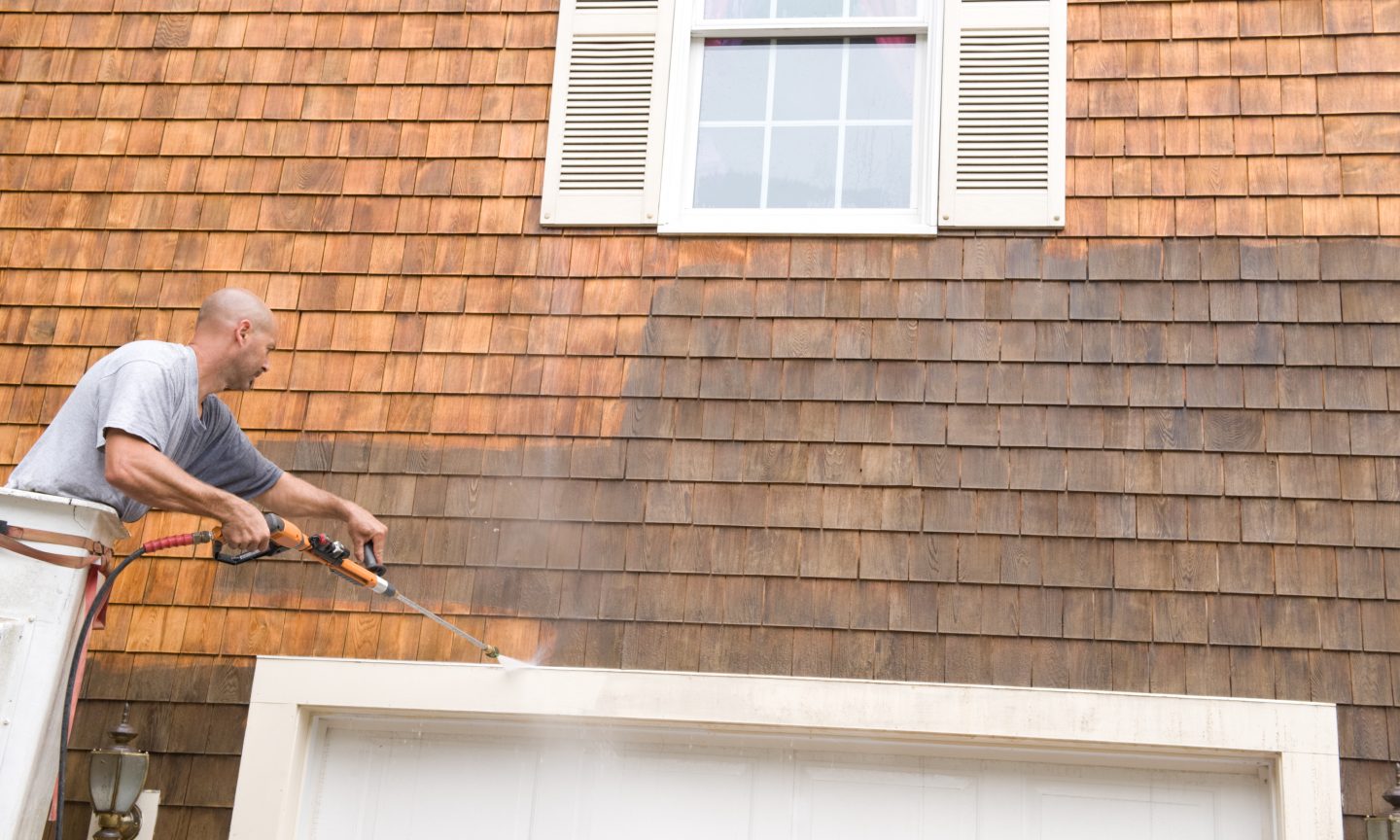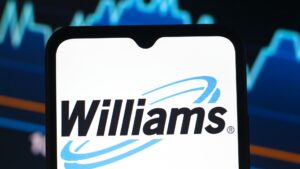Pressure washing insurance can protect you and your pressure washing business from liability for damage to customers’ property, slippery hazards, data hacks, employee injuries and other situations that can create big financial losses. You can buy pressure washing insurance online or over the phone, directly from an insurance company, or through an insurance marketplace or a third-party broker.
What is pressure washing insurance?
Pressure washing insurance is often composed of several different kinds of insurance coverage that protects pressure washing businesses from financial liability.
If you run a pressure washing business full time or just on the side, business insurance can be a smart move. It can protect you from the financial effects of various claims that would otherwise be your responsibility to pay.
Here are five steps to help you understand the kinds of small-business insurance that owners of pressure washing businesses should consider, plus how to find the right coverage.
1. Review your business risks
Think about what kinds of risks your business faces so you know what kind of coverage you need.
Common risks such as injuries or losses of income are out there, but owners of pressure washing businesses may face more specific risks too, such as:
-
Liability for broken glass on a client’s property due to flying debris from the water.
-
Customers tripping over pressure washer equipment or hoses.
-
Data breaches that compromise data or customers’ private information.
-
Employees getting back injuries or slipping and falling on the job.
Take some time to think about the types of lawsuits, mistakes, accidents or natural disasters that might affect your business. Insurers will also consider, among other things, how big your business is, what kinds of jobs you take, where you’re located and what kinds of assets you have when they calculate your risk and the cost of your coverage.
2. Decide what policies and coverage you need
Here’s a list of common types of pressure washing insurance that pressure washing businesses might need — and what those policies typically cover.
|
Type of insurance |
What it covers |
|---|---|
|
Claims against your business for third-party bodily injury, property damage or personal and advertising injury. If your business is based out of your home, you might be able to add a liability endorsement to your homeowners policy rather than having to buy a separate policy. |
|
|
Employees who are injured or get sick at work. Every state except Texas requires employers to get workers’ comp insurance for employees. |
|
|
Damage to your business and the items in it as the result of natural disasters, fire, smoke or vandalism. A tornado destroying your warehouse would be covered under commercial property insurance, for example. |
|
|
Loss of income when your business is unable to operate due to a disaster. Business interruption insurance covers lost income if you temporarily close due to the damage from the tornado. |
|
|
Vehicles you use for business. Your personal auto insurance may or may not cover limited business use of your car or truck. If you use the vehicle often to transport equipment to a job or meet with customers, for example, you may need a commercial policy. |
|
|
Claims of mistakes, negligence, inadequate work, inaccuracies, misrepresentation or similar allegations. Your business may need errors and omissions insurance if it provides services to customers for a fee. |
|
|
Data breaches or software hacks. If hackers get into your computer system and steal customer credit card information, for example, this insurance would help pay the costs of notifying customers, setting up credit monitoring and investigating the attack. |
|
|
Employee dishonesty coverage |
Employee theft of money or property. This can be part of a larger commercial insurance policy and could cover you if an employee takes something from a job site, for example. |
You may also be able to bundle multiple types of insurance into a business owner’s policy. BOPs usually consist of general liability, commercial property and business interruption insurance, but can be customized to meet your business’s needs.
3. Figure out how you want to shop
To get the right business insurance, you have a few options.
You can purchase pressure washing business insurance right from an insurer. That means contacting companies one by one to get quotes.
-
Can get a quote and buy a policy quickly.
-
Don’t have to deal with a broker.
-
Time-consuming to contact multiple providers for quotes, especially if the providers don’t offer the same coverage.
-
You may not get the same level of help as you would from a broker or independent agent.
Business insurance marketplaces can streamline the shopping process. You provide information about yourself, your business and the coverage you want; then you get quotes from various insurers and compare them to find the best deal.
-
You handle the buying process on your own and avoid contacting multiple insurers.
-
Option to talk to a human.
-
Marketplaces partner with specific insurers, so you’ll get quotes only from those partner insurers.
-
Marketplaces don’t underwrite insurance policies, and you might not be able to manage claims or other issues through their systems. The communication among you, the marketplace and the provider isn’t always seamless.
An insurance broker can offer personalized assistance. You’ll discuss your needs, and then the broker gets multiple quotes for you from different insurers.
-
Can help you figure out what coverage you need.
-
Work directly with a human who can help you through the process.
-
Don’t have to spend time contacting providers yourself.
-
Because brokers typically work on commission, they might try to sell you things you don’t need.
-
Brokers aren’t obligated to find you the lowest rates for your policies.
-
Some brokers charge fees.
-
Using a broker will likely take longer compared to an online marketplace or directly contacting providers.
4. Compare the providers
Get multiple quotes from different providers before making a decision. When comparing providers, consider things such as:
-
Policy coverage: What exactly does the policy cover? What isn’t covered?
-
Limits of liability: How much of a loss will the insurer cover? You may need a higher limit if you operate a larger or riskier business.
-
Price: How much will the policy cost? Is there a deductible? How much is it? Are the coverage and liability limits the same for the policies you’re comparing?
5. Buy your policies and schedule recurring reviews
After you purchase your insurance policies, take time to understand when your payments are due and how to manage your coverage — including how to file a claim, add endorsements or get a certificate of insurance.
Reevaluate your business insurance coverage annually. When your policies are up for renewal, think about how you like the coverage, costs and customer service you’re getting, as well as any new risks you face. That way you’ll always be sure you have the right coverage for your business.
This post was originally published on Nerd Wallet







